Unravelling the complexities and implications of packaging in the ever-evolving landscape of food production and distribution.
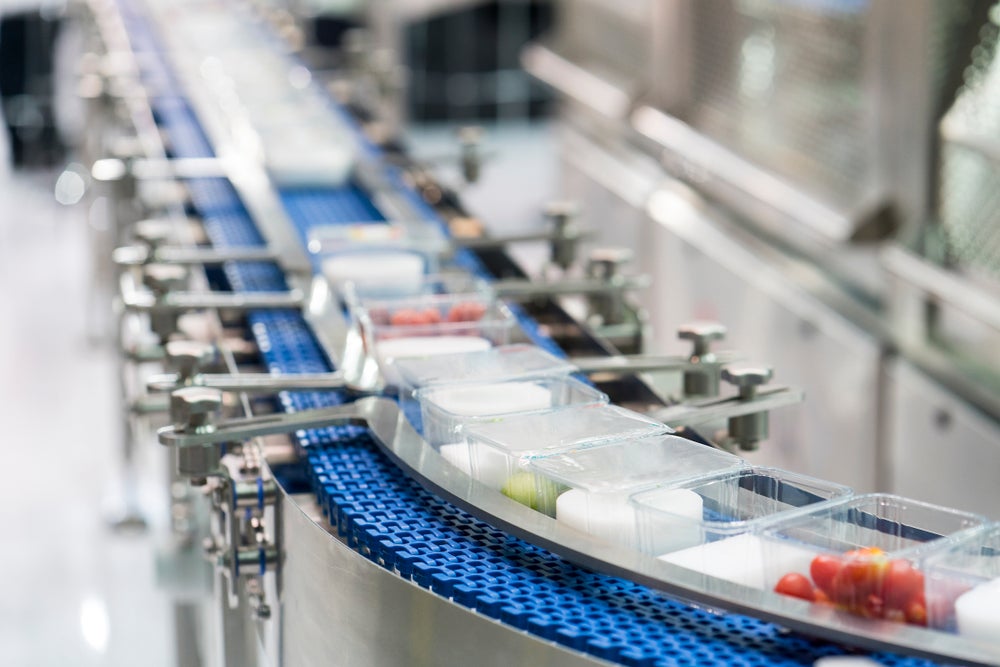
In the intricate tapestry of food supply, packaging emerges as a vital thread in both the aesthetics and logistics of the industry.
The multifaceted dimensions of packaging costs, materials, and their dynamic relationship with the food sector shape the crucial modern food supply chain.
Packaging plays a pivotal role in the world of food supply, influencing both the final presentation of products and their logistical handling. It encompasses a range of materials, from tins, bottles, bags, and trays to cardboard boxes and plastic wrap.
Four major packaging categories in the food sector
In the food industry, packaging falls into four primary categories: metals (particularly aluminium), glass, card and paper, and plastics. The significance of packaging costs varies across product categories.
Some examples include:
See Also:
- Chocolates Valor chooses Sonoco’s GREENCAN for cocoa packaging
- ProAmpac to show sustainable packaging solutions at Packaging Innovations
- In canned food and beverages like baked beans, wet pet food, and carbonated drinks, packaging can make up over 20% of production costs.
- Infant formula, mayonnaise, milk, ready meals, chilled desserts, and dry pet food generally allocate 10 to 20% of production costs to packaging.
- Products with limited packaging, like bread and poultry, see packaging costs comprising around 5% of production costs.
Food and drink sector: major player in UK packaging
The Food and Drink Federation revealed that the food and drink sector stands as the largest customer for the UK’s packaging sector.
Long lead times of 12-24 months for production and delivery create a scenario where manufacturers bulk purchase packaging in advance, providing short-term price stability but potentially locking in higher prices.
Rising packaging costs amid energy inflation
Since 2020, packaging prices in the UK have experienced significant inflation across all categories. The surge in online shopping has driven higher demand for cardboard boxes, contributing to the overall increase.
Energy costs, especially in the energy-intensive production of glass, have played a major role. Raw materials, constituting over 50% of packaging costs, and energy, typically around 10%, have both witnessed notable increases.
Impact of plastic tax and supply chain challenges
The introduction of the plastic tax has led to increased demand for recycled PET (rPET) bottles. However, these bottles are pricier due to the additional energy required for production and intricate sorting.
Supply chain challenges, particularly for food-grade rPET, further complicate the situation.
Cost dynamics: inputs vs. packaging prices
Data from the Office for National Statistics (ONS) indicates that input costs into packaging have risen more than packaging prices across all categories.
This suggests that the heightened costs faced by food manufacturers are driven by increased input costs rather than packaging price hikes.
Packaging manufacturers’ profits remain stable
Despite the surge in packaging prices, there is no significant increase in profits for packaging suppliers.
Operating profits for card, metal, and plastic packaging suppliers have increased, but the margins as a percentage of revenue have been under pressure, remaining within recent historical norms.
Navigating packaging challenges
While packaging prices have indeed risen, largely due to escalating energy costs, the overall impact on manufacturers and suppliers has not led to excessive profits.
The dynamics of the packaging industry continue to evolve, presenting challenges that businesses in the food sector must navigate.
Source from Packaging Gateway
Disclaimer: The information set forth above is provided by packaging-gateway.com independently of Chovm.com. Chovm.com makes no representation and warranties as to the quality and reliability of the seller and products.
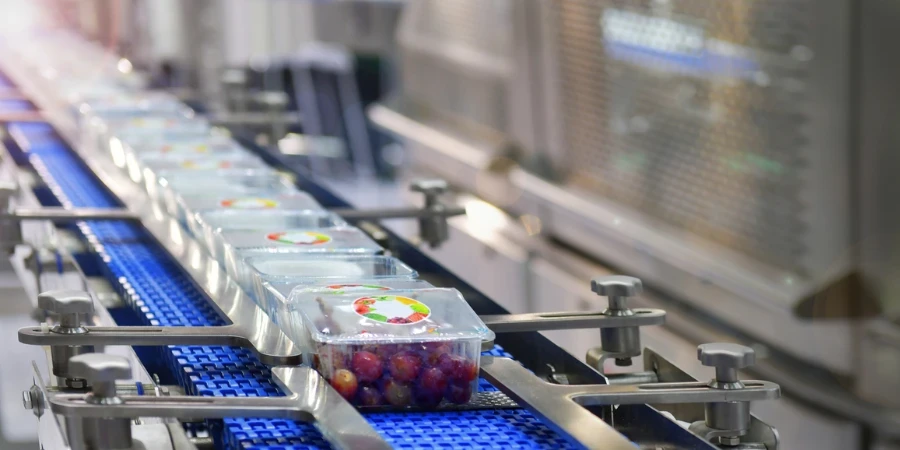
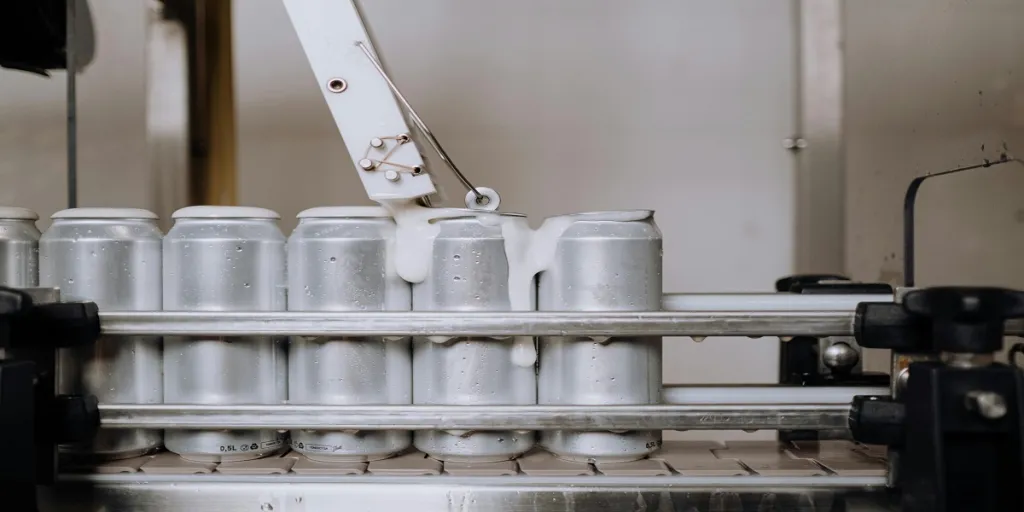
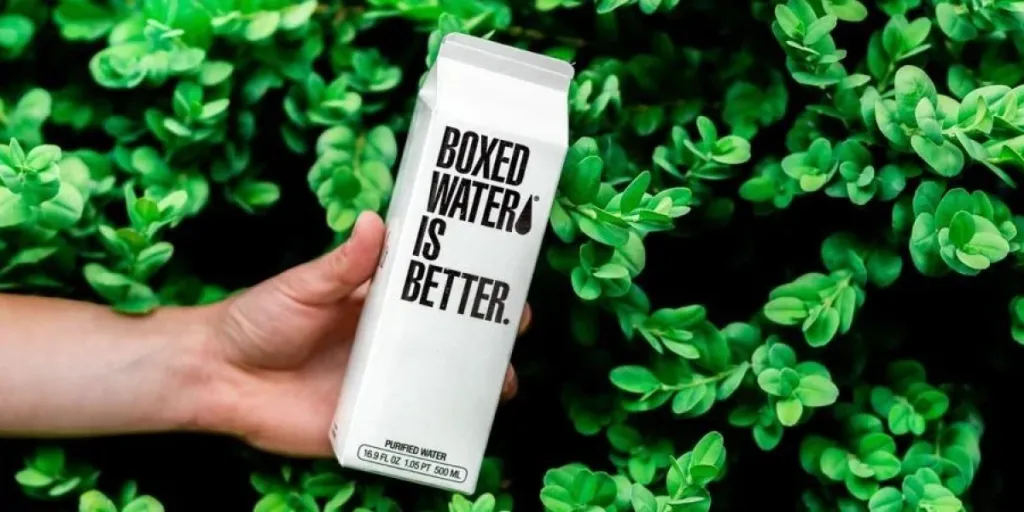
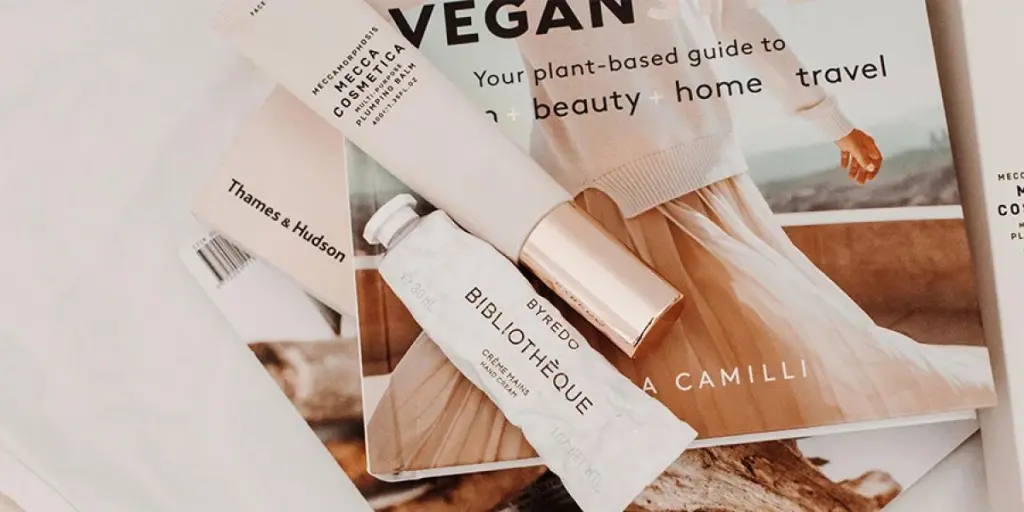
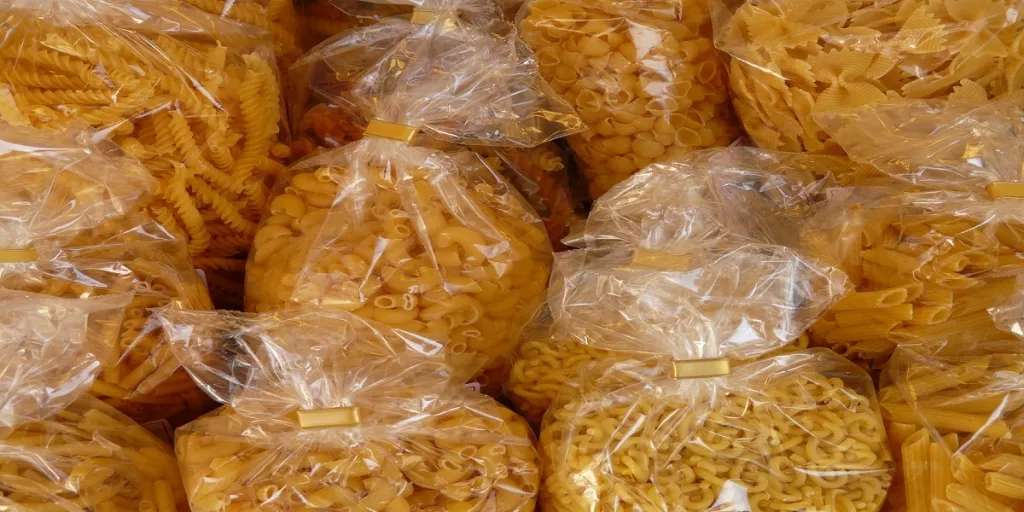
 বাংলা
বাংলা Nederlands
Nederlands English
English Français
Français Deutsch
Deutsch हिन्दी
हिन्दी Bahasa Indonesia
Bahasa Indonesia Italiano
Italiano 日本語
日本語 한국어
한국어 Bahasa Melayu
Bahasa Melayu മലയാളം
മലയാളം پښتو
پښتو فارسی
فارسی Polski
Polski Português
Português Русский
Русский Español
Español Kiswahili
Kiswahili ไทย
ไทย Türkçe
Türkçe اردو
اردو Tiếng Việt
Tiếng Việt isiXhosa
isiXhosa Zulu
Zulu